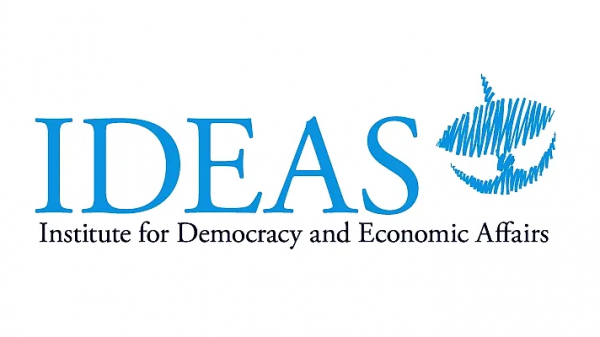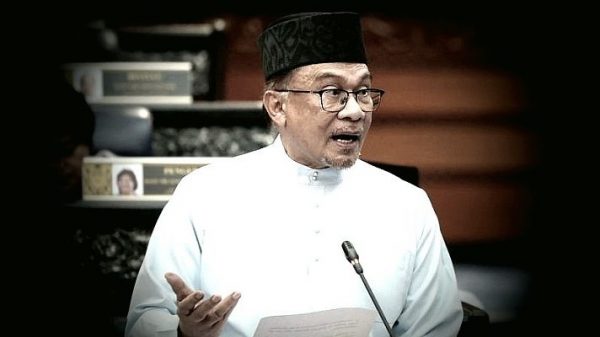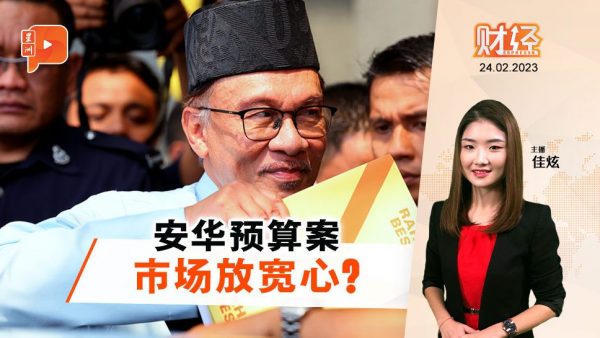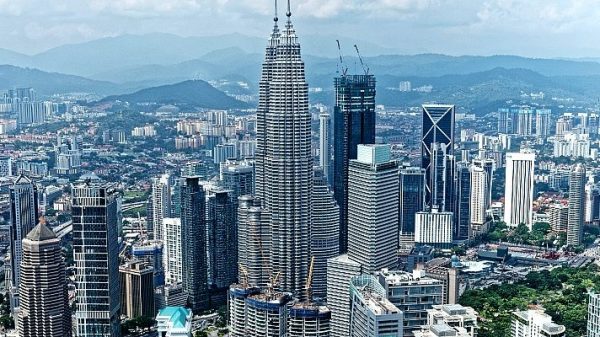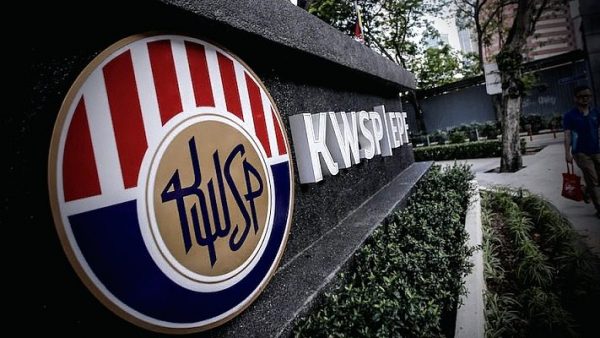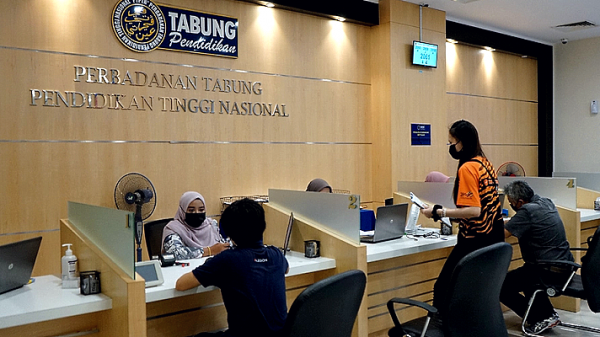The T20 income grouping is itself highly fluid. So, increasing the income tax rates for T20 is the right decision.
The government will increase the tax rates for the country’s T20 community by 0.5% to 2%, in the recently tabled 2023 Budget.
The latest measure will affect “rich” Malaysians earning RM100,000 to RM1 million a year.
When a country’s finances are in bad shape, adjusting individual and corporate income tax rates seems like a necessary measure for the government.
As expected, other than a higher income tax, the T20 will also be excluded from the government’s electricity and petrol subsidies, meaning not everyone will be entitled to government subsidies any more.
At the same time, the government is also imposing taxes on luxury items only the rich and famous can afford to buy, including designer handbags, jewelries and watches. Besides, capital gains tax will also be levied on the disposal of unlisted shares in 2024.
Deputy finance minister Ahmad Maslan said on Tuesday that Malaysia is the only country in the world to have subsidized the rich more than the poor, which we beg to differ!
To be fair, the previous government was not trying to enrich the wealthy people further, but had rushed out many of the subsidization programs without prudent consideration of their possible implications, or they had the plans but found it hard to put them into actual implementation.
Other than petrol and utility tariffs, how is the government going to identify whether a buyer of subsidized eggs, chicken, cooking oil and other daily necessities is rich or poor?
As such, we feel that increasing the income tax rates of T20, imposing luxury goods tax and capital gains tax (on property and share transactions) are a more pragmatic approach in diverting government subsidies to the truly deserving or needy.
Ahmad Maslan said of the RM66.3 billion government subsidies in the 2022 Budget, RM50.8 billion was spent on fuel subsidies. Over the past one year, the T20 community has enjoyed around 35% of the fuel subsidies, M40 41%, and B40 only 24%.
Removing the fuel subsidies for T20 will save the treasury between RM15 and RM17 billion, which Ahmad Maslan said could be better deployed for 26 ministries to implement their respective projects.
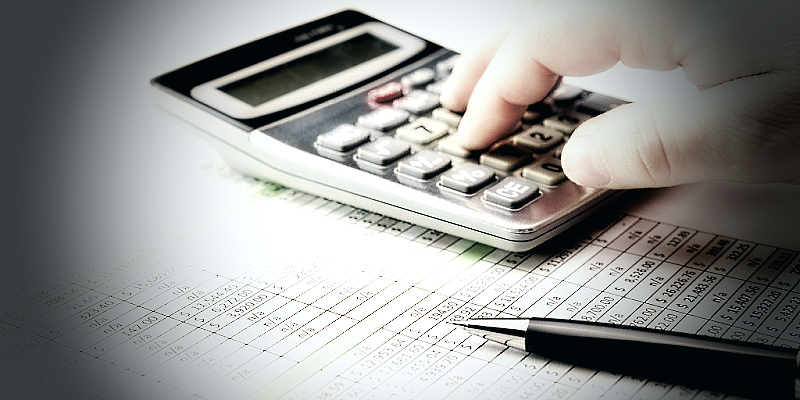
We don’t think the deputy finance minister has got his numbers right. First of all, how did he come up with the 35% fuel subsidies for T20? Moreover, not all the RM50.8 billion in yearly fuel subsidies were used to directly subsidize the people, as a substantial portion could have gone to the subsidization of public transportation and goods transportation.
Because of fuel subsidies, Malaysia has managed to keep transportation costs steady, and this has an indirect effect in controlling goods prices.
Obviously, the T20 rich Malaysians have not “stolen” RM15 billion to RM17 billion of the government’s fuel subsidies (35% of total). And therefore the government cannot optimistically expect a major boost for the treasury by excluding the T20 community from fuel subsidies.
According to the Statistics Department’s chief statistician Mohd Uzir Mahidin, the country’s inflation rate rose from 2.5% in 2021 to 3.3% last year, which is still manageable compared to the IMF’s 8.8% estimate for global CPI growth.
Although the palpable inflation here is markedly higher than DOSM’s figures, we must realize that the RM66.3 billion government subsidies have helped check a potentially much more serious inflationary crisis.
Besides RM50.8 billion for fuel subsidies, the government has spent RM2.4 billion on subsidizing cooking oil, RM9.4 billion on electricity tariffs, RM1.8 billion on chicken and eggs, and RM1.5 billion on flour, other daily necessities, as well as price adjustments for Sabah and Sarawak.
Without these subsidies, the M40 and B40 communities may have to face even more uphill survival challenges.
According to the finance ministry, these RM66.3 billion subsidies make up two-thirds of the RM99 billion development expenditure in the 2023 Budget. But if the previous government managed to cap the spiraling inflation to more manageable levels, we seriously don’t think their policies were flawed!
We do agree that the government should increase the income tax rates for T20 (indeed, we feel that the measure should be extended to include those earning in excess of RM1 million annually), impose luxury goods tax and capital gains tax.
However, we do have reservations about abolishing the fuel subsidies for T20 because the savings could be well below expectation while increasing unnecessary workload (like how to tell the income of a consumer).
Moreover, the T20 grouping itself is highly fluid. A T20 today may become M40 tomorrow, and so on. In view of this, increasing the income tax rates for T20 is the right decision.
ADVERTISEMENT
ADVERTISEMENT






